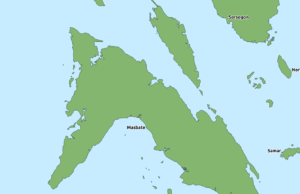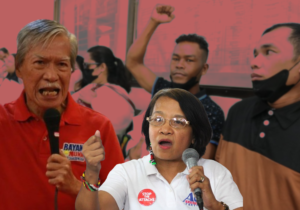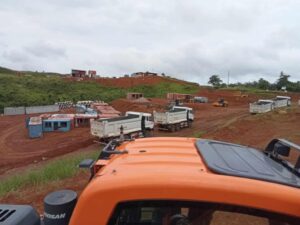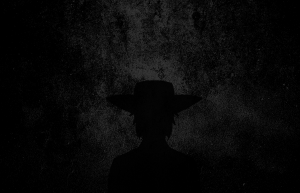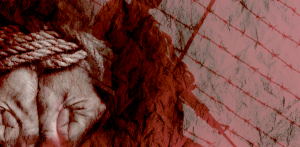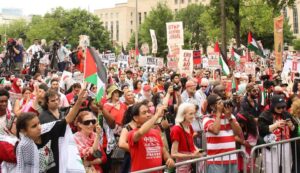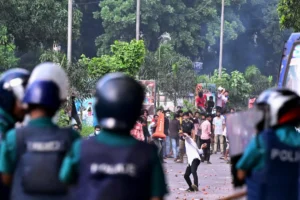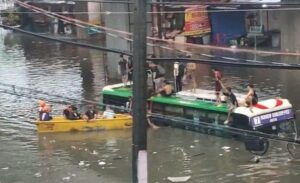CPP Negros newsletter asks Ka Luis Jalandoni about Martial Law

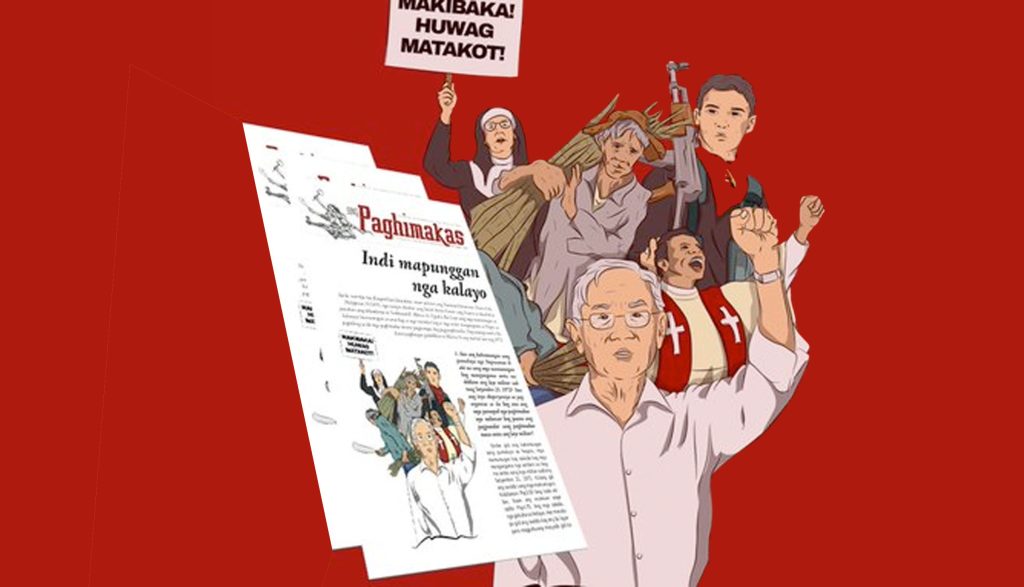
There is no other way to overcome the current Marcos regime but for the people to persist in struggle until victory, just like the fight against his dictator father, former Diocese of Bacolod Social Action Center Director Luis Jalandoni told Ang Paghimakas.
In an interview published today on Communist Party of the Philippines (CPP) – Negros newsletter, Ang Paghimakas (The Struggle), Jalandoni, now senior adviser of the National Democratic Front of the Philippines, recounted the situation of the Negrosanons especially the workers and farmers before martial law was declared on September 21, 1972.
“The situation of workers and sacadas (transient workers in sugarcane plantations) and farmer settlers in Negros before martial law was terrible,” he said.
Jalandoni recalled the people’s struggle against land grabbing by warlord Armin Gustilo and then Mayor Heracles Villacin in Barangay Hiyang-hiyang, Cadiz where two elderly women were killed for protesting.
He also shared about the workers strike in Victorias Milling Company against unjust wages and union busting, and the farm workers strike in Bais City demanding the implementation of minimum wage and benefits. Both strikes were able to mobilize thousands.
There was also the plight of farmer settlers in southern Negros who fought massive land grabbing by local landlords.
Ready for martial law
According to Jalandoni, after martial law was declared, young activists went to the countryside (CS) to organize the people.
“Because of various protest actions before martial law, there were already areas in the CS that can be organized,” he said.
Church people contributed much in providing security and bridging the efforts to organize farmer settlers, he added.
In early 1973, barely months after martial law was declared, Jalandoni, with Kaupod Pendong (Edmundo Legislador) from Panay, formed the Special Negros Party Secretariat and put in place the embryo of the New People’s Army (NPA) in the CHICKS (Candoni, Hinobaan, Ilog, Cauayan, Kabankalan and Sipalay) area where, according to him, there were various militant struggles.
“In the warm welcome of the masses, their care and militant support, the NPA in Negros was born,” he reflected.
From being a progressive priest to a revolutionary, Jalandoni deplored the worsening abuses experienced by sugar workers, farm workers including sacadas and the industrial workers in sugar centrals; and the terrible land grabbing in the hinterlands displacing farmer settlers during martial law.
Terror dispelled
In his view, the heroism of youth activists and organizers dispelled the terror sown by the Marcos dictatorship.
Jalandoni also recalled the role of the church sector (progressive priests, nuns, seminarians, church workers and missionaries) who helped frustrate Marcos’ plan to defeat the NPA.
“He (Marcos) cannot launch an encirclement against the NPA in Mindanao and Negros because of the militant Columbans,” he shared.
“The Columbans brought help, including rifles in their golf bags, to the NPA in the mountains pretending to celebrate mass in chapels,” he added.
Triumph over Marcos
Despite the continuing bombing, farmer killings, and red-tagging and arrest of mass leaders, lawyers, and other patriots reminiscent of the martial law years, Jalandoni is optimistic that revolutionary forces will triumph over the current Marcos regime.
He faulted the reactionary regime’s disregard of the vast numbers of revolutionaries and the strength of the NPA now reaching 110 guerrilla fronts in 74 of 85 provinces in the Philippines. (Ang Paghimakas)

